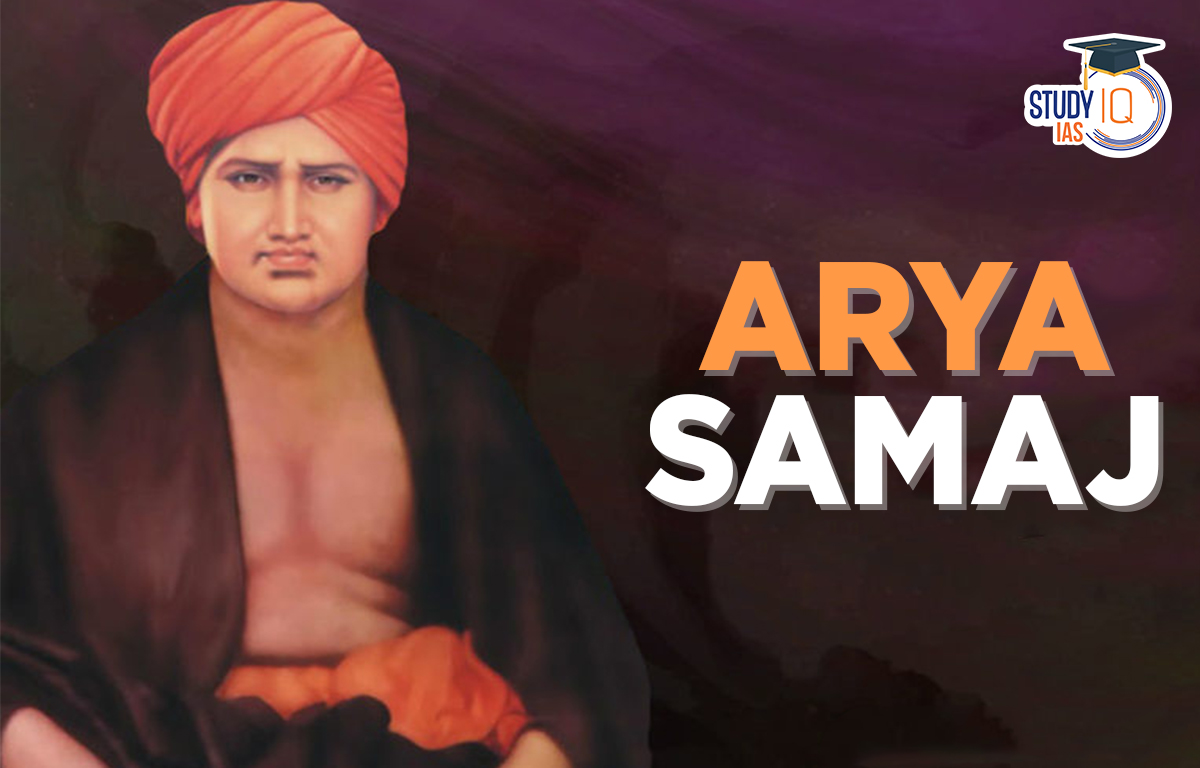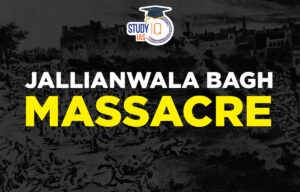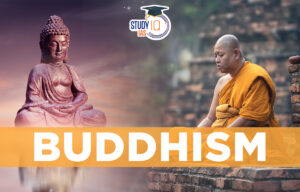Table of Contents
Arya Samaj
Arya Samaj is a Hindu reform movement founded by Swami Dayananda Saraswati on April 10th, 1875 in Bombay, India. The Arya Samaj movement aimed to promote the ideals of truthfulness (satya), righteousness (dharma), and the Vedas as the primary source of Hindu religion. The term “Arya Samaj” translates to “Society of Nobles” or “Noble Society.” The first Hindu organisation to engage in proselytising was Arya Samaj. The organisation has worked to enhance India’s civil rights movement ever since 1800.
Arya Samaj Reform Movement
The first reform movement to engage in proselytising was Arya Samaj. The adherents of the Arya Samaj disapproved of idolatry and held that God was far higher. According to the Arya Samaj, the Vedas are the ultimate source of knowledge, and every Hindu must read and recite them. They promoted women’s equality, fought to end widow remarriages, and outlawed polygamy, child marriage, and Sati through educating Hindus about the Vedas.
Arya Samaj Principles
- All true knowledge originated from God.
- As the one being who is all-knowing, all-powerful, eternal, and the creator of the universe, God alone is worthy of adoration.
- The Vedas are the true books of knowledge.
- An Arya must constantly be ready to accept the truth and reject the untruth.
- Dharma, or deliberate examination of good and evil, should be the overarching principle of all endeavours.
- The Samaj’s main objective is to advance material, spiritual, and social well-being on a global scale.
- Just and compassionate treatment for all people is due.
- Knowledge must be increased and ignorance must be dispelled.
- One’s progress should be reliant on the progress of everyone else.
- The interests of mankind as a whole must come before those of any one person.
Arya Samaj Foundation
The Arya Samaj was founded by Swami Dayananda Saraswati (1824–83). He was excellent in Sanskrit but had never taken English. “Back to the Vedas,” he proclaimed. He gave little thought to the Puranas. In Mathura, Swami studied Vedanta under the guidance of Swami Virajananda, a blind teacher. His opinions were comparable to those of Ram Mohan Roy.
The social ideals of the Arya Samaj include, among other things, gender equality, complete justice, and fair play between men and men as well as between nations. Additionally encouraged were widow remarriages and intercaste unions.
The primary initiatives shared by Brahmo Samaj and Arya Samaj adherents included disbelief in polytheism and image worship, hostility to caste-based restrictions, resistance to child marriage, support for the prohibition of sea travel, and advocacy for female education and widow remarriage. Like other reformers of his day, Swami Dayananda Saraswati believed that the Vedas were timeless and infallible.
Arya Samaj Features
Accepts the Vedas as the last authority on all knowledge and truth and believes them to be infallible. The Puranas and other post-Vedic literature were thought to be responsible for the Vedic religion’s corruption. Embraces the concepts of “Karma” and soul transmigration but rejects the worship of God and the idea of reincarnation.
Dayanand also disagreed with the Niyati philosophy of fate and destiny. It acknowledges a sole God who does not exist physically. It rejects the hegemony of Brahman over Hindu social and spiritual life. It is unacceptable for Brahmins to assert that they are a conduit between humanity and God. supported the Four Varna System, but believed that talent should have priority over birth.
In Hindus’ social and spiritual lives, everyone has an equal status. It pushed for the social equality of women. Any form of gender discrimination against women has no place in society. It opposed polygamy, child marriage, Sati, and other customs while promoting widow remarriage and female education.
It promoted the spread of Sanskrit and Hindi. It believed that a strong social order could only be built on the foundation of effective education. It performed exceptional work in the area of education, especially for women. Animal sacrifices, religious journeys, sraddhas (feeding the dead), spells and charms, and other socio-religious transgressions are all prohibited. These faults, according to Swami Dayanand, are a result of society’s ignorance of the Vedic teachings.
Also Read: Reform Movement in North India
Arya Samaj Significance
The Arya Samaj defined the minimum age for getting married as 25 for men and 16 for women. According to reports, Swami Dayananda mockingly called the Hindu people “the progeny of children.” After natural disasters like earthquakes, famines, and floods, the Arya Samaj rose to prominence for its humanitarian services. Additionally, it led the charge in advancing education.
Leading members continued the samaj’s activities after Dayananda’s passing in 1883. For the samaj, education was a crucial area. Dayanand Anglo Vedic (D.A.V.) In 1886, the college was established in Lahore. Hindus were given a sense of worth and confidence by the Arya Samaj, which helped demolish the myths of white dominance and Western culture.
The Shuddhi (purification) movement, which sought to reintegrate Christians and Muslims into Hindu culture, was started by the Samaj to protect Hindu civilization from the invasion of Christianity and Islam. An active Shuddhi movement during the 1920s led to improved social life communication, which eventually snowballed into group political consciousness. Another goal of the Shuddhi movement was to convert those who were untouchables and outside the caste structure of Hinduism into pure caste Hindus.
Arya Samaj Controversies Associated
Arya Samaj made numerous attempts to achieve its goal of facilitating Vedic Knowledge, but not all of these efforts were effective. Some of them caused havoc and generated a great deal of controversy. The Shuddhi Movement was one of the primary issues raised by the Arya Samaj. In order to restore the purity of Hindus who had been corrupted by other religions, they adopted the Shuddhi programme.
The Christian missionaries were the target of the Shudder Movement. At that time, Christian missionaries were responsible for converting Hindus, particularly those from the lower classes. Arya Samaj established the “Cow Protection Association” in 1882 to safeguard cows. However, this offended Muslim theologians, which led to clashes between Muslims and Hindus.
Arya Samaj UPSC
Brahma Samaj the IAS Exam’s Indian History syllabus includes UPSC as a key topic. Both the UPSC Preliminaries and the UPSC Mains give equal weight to the Arya Samaj. Arya Samaj has received a lot of criticism. You can read through the History Books for UPSC and Indian History Notes for UPSC to make sure you comprehend everything about Arya Samaj and its related topics.


 Jallianwala Bagh Massacre, Date, History...
Jallianwala Bagh Massacre, Date, History...
 Important Lakes of India, State wise and...
Important Lakes of India, State wise and...
 Buddhism History, Origin, Sect, Councils...
Buddhism History, Origin, Sect, Councils...





















